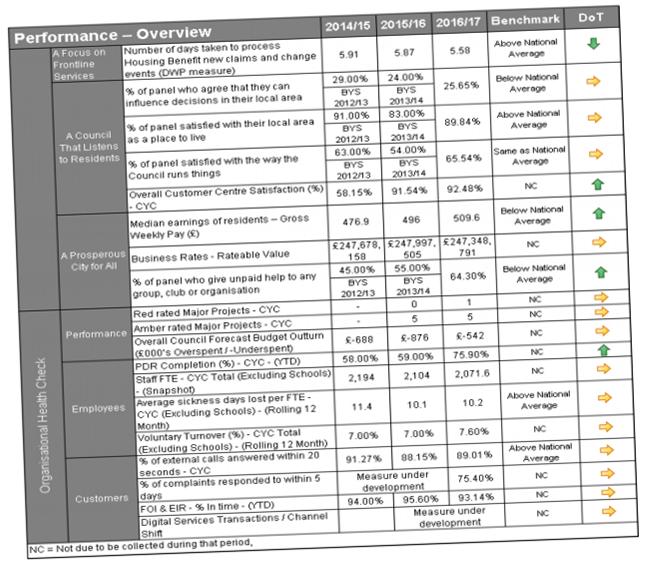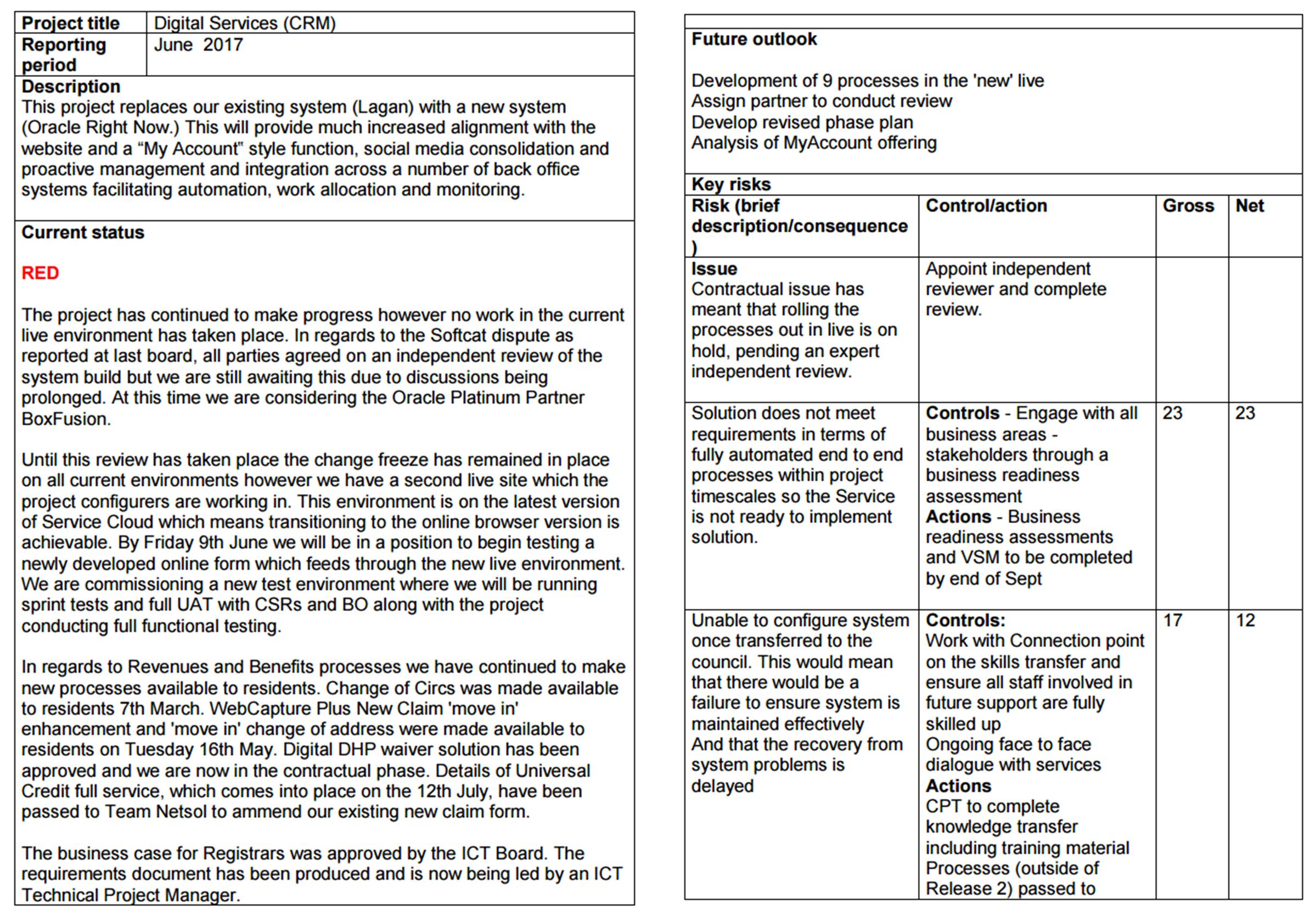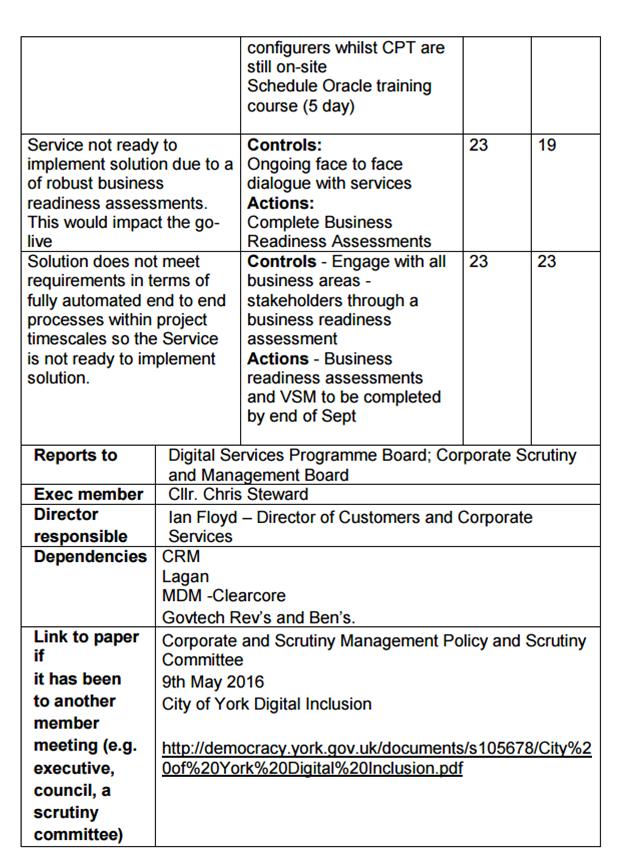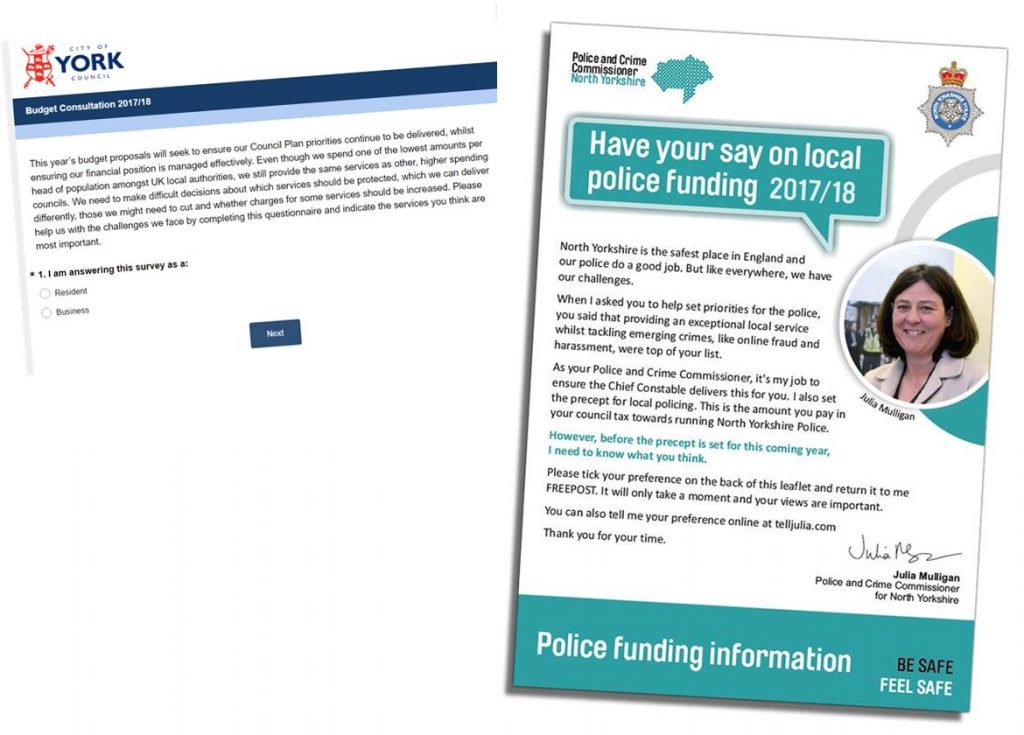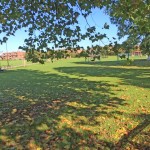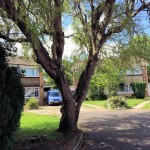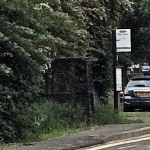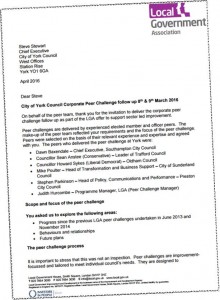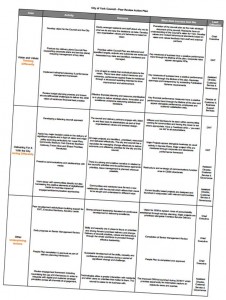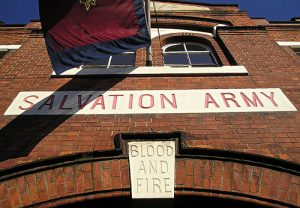
Council debates may be inspired by Citadel moto
York’s next full Council meeting will be held at the Citadel later this month (26 October) rather than in its usual home of York’s Guildhall.
The temporary venue – formerly the home of York’s Salvation Army and now owned by York City Church – will be used for full meetings of the Council for up to two years while the Guildhall is closed for construction work.
The Guildhall has been used for meetings since the 15th Century and the current council chamber dates back to 1891.
Members of the public are welcome to attend the full council meeting at the Citadel at 6.30pm on Thursday 26 October.
The results of the 2018 citywide budget consultation will help set the council’s financial priorities for the forthcoming year.
Despite already achieving savings of over £100m in the last decade through a combination of efficiency savings and reviewing the services it provides, the authority needs to make further savings of £6.1m in 2018/19 and £4.2m in 2019/20 to meet its budget.
Against this tough financial backdrop, demand for services continues to rise; mainly due to demographic changes and more people living longer. At the same time the financial support received from central government has been reduced.
The central government grant accounted for 40 per cent of the council’s income in 2012/13 but fell to just seven per cent last year. By 2020, York will receive no government grant. That means the services the council provides will have to be funded from a share of business rates, from the council tax and through any fees and costs it charges.
Council leaders hope that the responses to the questionnaire will help guide future spending decisions, particularly whether the authority should ‘balance its books’ by:
- Reducing the number of services it provides, or stop providing them altogether.
- Finding ways of providing services more efficiently by working differently.
- Charging more for services.
- Increasing the amount of council tax.
People can put forward their views:
- Online at www.york.gov.uk/consultations
- By completing the survey in the council’s publication Our City [which is being distributed over the course of the next two weeks].
- By popping along to one of four drop-in sessions, at Huntington Library on Wednesday 1 November; Archbishop Holgate’s School on Thursday 2 November; Acomb Explore Library on Tuesday 7 November or West Offices on Wednesday 8 November, all between 4.30pm and 6.30pm.

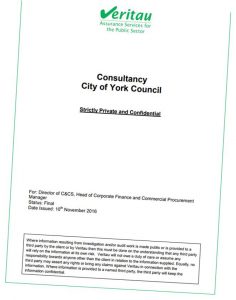 Councillors from all parties have written to the York Council Leader (David Carr) asking him to reveal the contents of a secret report compiled by the Local Government Association (LGA).
Councillors from all parties have written to the York Council Leader (David Carr) asking him to reveal the contents of a secret report compiled by the Local Government Association (LGA).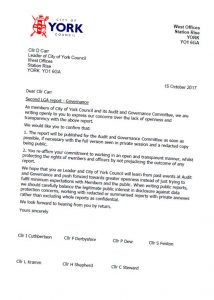
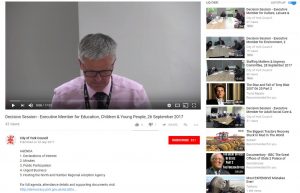 Details of the cost of webcasting York’s full Council and Executive committee meetings have been revealed.
Details of the cost of webcasting York’s full Council and Executive committee meetings have been revealed. The Local Government Ombudsman has criticised the York Council for failing to publish background documents.
The Local Government Ombudsman has criticised the York Council for failing to publish background documents.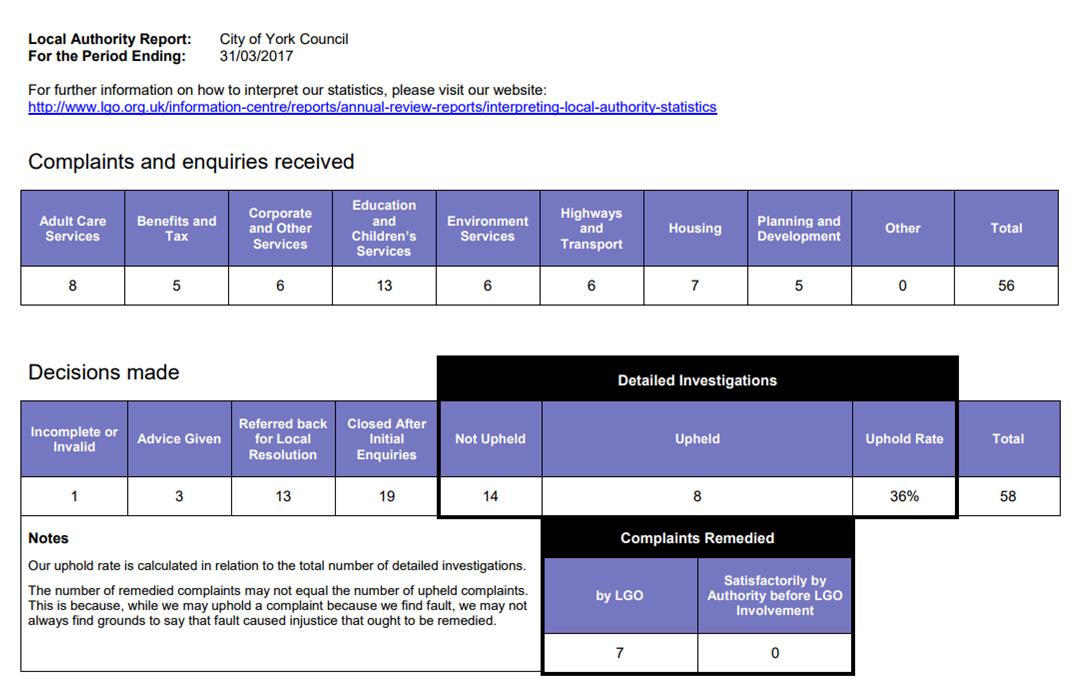
 A
A 